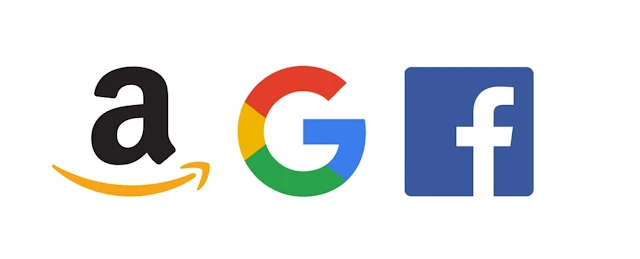EU Digital Services Act Comes into Effect, Strengthened Platform Accountability and Algorithm Transparency
 |
| New Regulations Impose Stricter Rules on Tech Giants Operating in the EU |
The European Union's (EU) much-anticipated Digital Services Act (DSA) has officially come into effect, marking a significant shift in the regulatory landscape for tech giants like Google, Facebook, and Amazon. The DSA, which addresses issues ranging from false information to algorithmic transparency, has the potential to reshape how these major platforms operate within the EU.
Under the new regulations, colossal platform operators such as Google, Facebook, and Amazon are now held accountable for content that contains false information or discriminatory remarks. This move is seen as an attempt to curb the spread of harmful content and ensure a safer online environment. Furthermore, these platforms will face stricter regulations concerning tailored advertisements aimed at minors.
One of the noteworthy aspects of the DSA is its focus on enhancing transparency around recommendation algorithms. Tech companies are now required to shed more light on their recommendation algorithms, making the inner workings of these algorithms more understandable to users. This transparency initiative is aimed at mitigating the potential for algorithmic biases and fostering user trust.
The DSA places a particular emphasis on platforms with a substantial user base, defining large online platforms as those with over 45 million monthly active users. This criterion encompasses major online platforms and search engines, subjecting them to rigorous transparency and regulatory standards. The threshold of 45 million users accounts for about 10% of the EU's population.
In a noteworthy move leading up to the enforcement of the DSA, the EU designated 19 services, including Amazon, Apple, and Facebook, as "large online platforms" and "large search services" back in May. This classification sets the stage for comprehensive regulation, with Apple's App Store, Amazon's Marketplace, and Google's various services falling under its purview.
Notably, personalized advertising based on individual characteristics such as religion or preferences is also a target of regulation within the DSA. Companies will face tighter restrictions when employing user data to customize ads, particularly when sensitive attributes like sexual orientation, religion, race, or political affiliations are involved. This could prompt platforms like Instagram to rethink their display mechanisms to ensure compliance.
The EU has taken a proactive approach to ensure the implementation of these regulations. The establishment of the Algorithm Transparency Center (ECTA) in April reflects the EU's commitment to monitor and assess systems that utilize artificial intelligence (AI) for potential biases. ECTA's multidisciplinary team of experts, spanning fields from computer science to social sciences, aims to unravel the mysteries of algorithmic decision-making and safeguard against discrimination.
The road to enacting the DSA was marked by extensive deliberations. Proposed by the European Commission in December 2020, the act saw approval from the European Parliament and Council in April 2022. Following a thorough process, the European Parliament officially passed the Digital Services Act in July of the previous year, marking a decisive conclusion to the legislative journey.
As the EU begins to enforce these regulations, the global tech landscape could witness a transformative shift towards increased platform accountability and algorithmic transparency. The DSA not only sets new standards for large online platforms but also serves as a pioneering model for other regions grappling with the challenges of regulating digital services in an ever-evolving digital age.



댓글
댓글 쓰기